
As many would assume, the story of Jesus Christ isn’t limited to the Bible. Outside the religious texts, an impressive series of historical sources also testify to his existence. Imagine discovering that ancient Roman historians, Jewish scholars, and even early critics all left traces of Jesus in their records. These sources bring a fresh perspective, further bridging the gap between faith and history.
Tacitus: The Roman Historian’s Testimony

In the Annals, written around 116 AD, a sharp critique of early Christians reveals an accidental proof of Jesus’s existence. This work by the Roman historian Tacitus, who mentions “Christus” being executed under Pontius Pilate, shows that even skeptics of the time could not ignore his influence.
Josephus: A Jewish Historian’s Record

Josephus, a first-century Jewish historian, provides a rare glimpse into Jesus’s life from a non-Christian perspective. In his Antiquities of the Jews, Josephus acknowledges Jesus as a wise man and wonderworker and further recognizes his crucifixion.
Pliny the Younger: A Roman Governor’s Letter
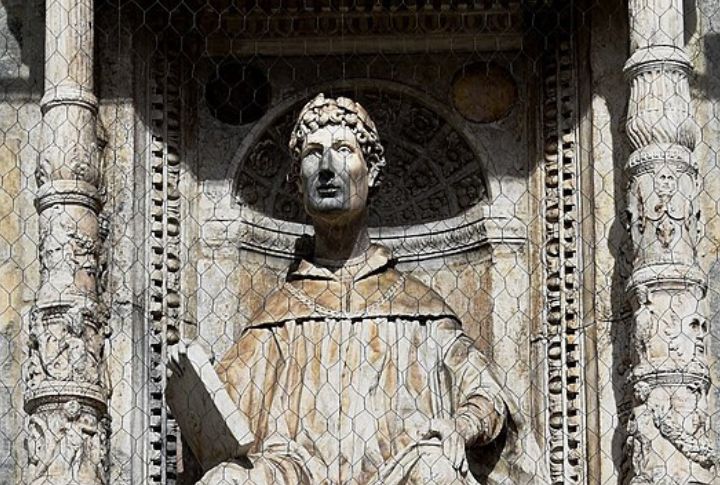
In a letter to Emperor Trajan, confusion about handling the growing Christian population highlights Jesus’s influence on Roman society. Pliny the Younger, a Roman governor, notes their worship of Christ as a deity by 112 AD, revealing the widespread impact of Jesus’s teachings.
Suetonius: The Emperor’s Biographer
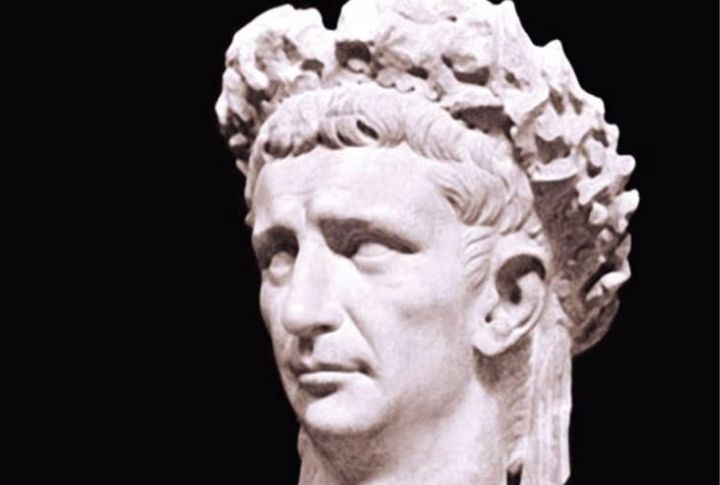
A brief mention of disturbances caused by followers of “Chrestus” in Rome around 49 AD highlights the early spread of Jesus’s influence. In his biography of Emperor Claudius, Suetonius captures this moment, presenting a glimpse of how Jesus’s followers were viewed in the Roman Empire.
Thallus: A First-Century Historian
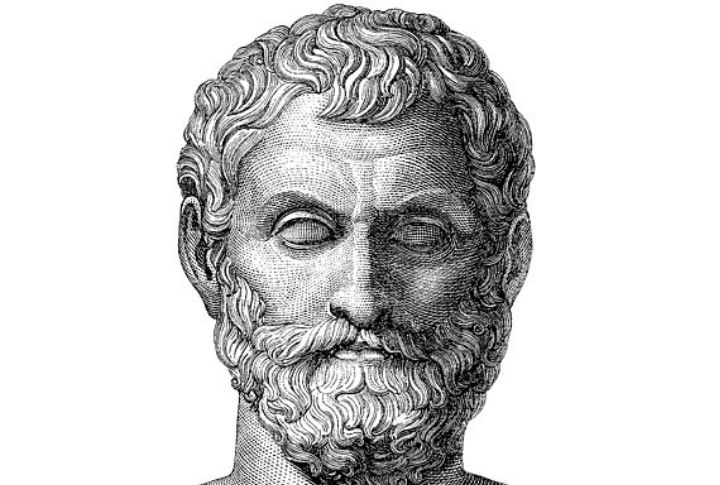
Attempting to explain the darkness during Jesus’s crucifixion as a solar eclipse, Thallus provides a unique historical perspective. Although his works are lost, Julius Africanus preserved this account, showing how even non-Christians tried to make sense of the extraordinary events surrounding Jesus’s death.
Mara Bar-Serapion: A Stoic Philosopher’s Letter

Comparing Jesus to other philosophers who faced unjust deaths, Mara Bar-Serapion’s letter to his son reflects on the moral and philosophical significance of Jesus. Written from a Roman prison, this stoic philosopher’s reflection shows how non-Christians recognized the impact of Jesus’s teachings.
Lucian of Samosata: The Satirist’s Perspective
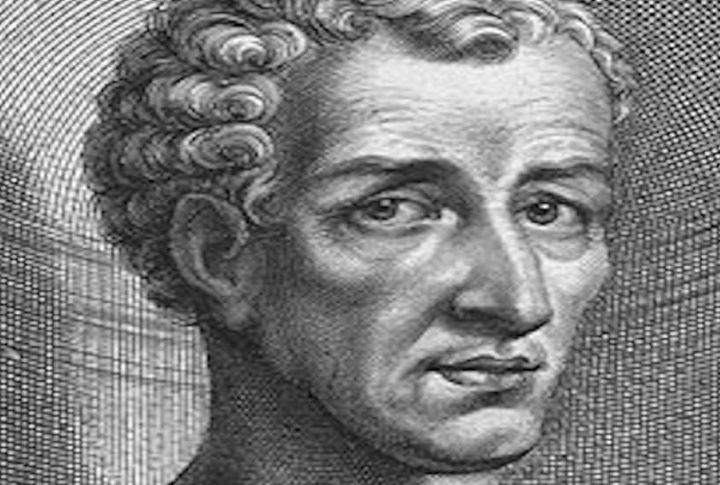
Mocking Christians for their worship of a “crucified sage,” Lucian of Samosata, unintentionally affirms Jesus’s existence. His biting sarcasm, typical of the second century, presents insight into how intellectuals of the time viewed the rapid spread of Christianity and its origins.
Celsus: The Early Critic’s Claims
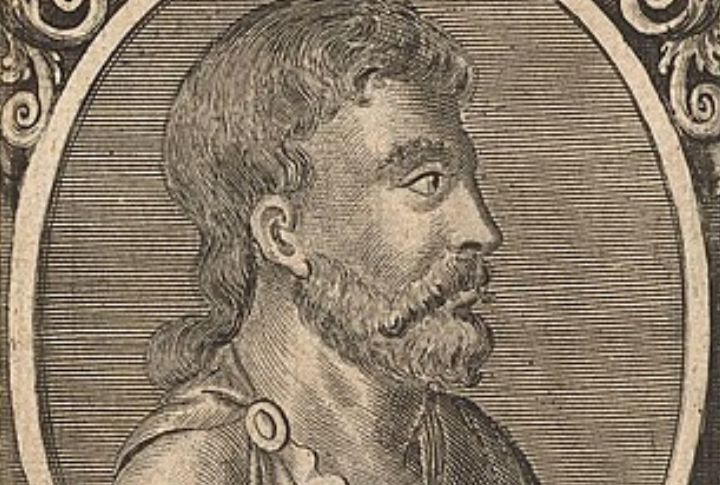
Attempting to debunk Jesus and His teachings, Celsus’s second-century work, “The True Word,” ironically provides indirect evidence of Jesus’s life. His critiques illuminate the intellectual tensions between early Christians and their opponents.
The Talmud: Jewish Rabbinic Commentary
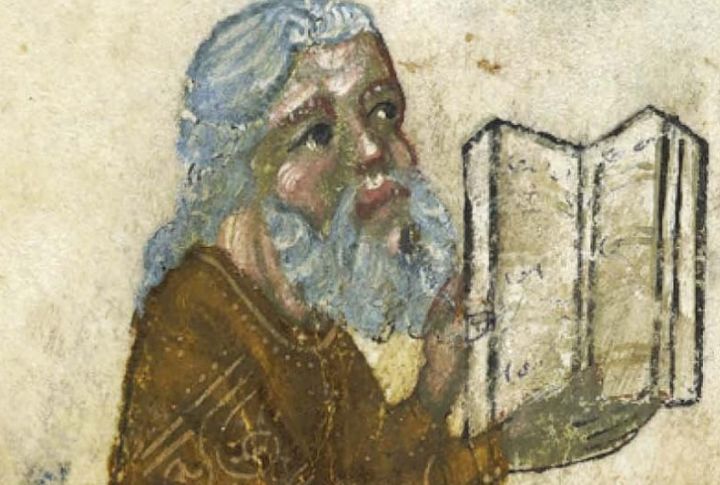
Scattered throughout the Talmud, references to “Yeshu” and His trial and execution reflect the significant impact Jesus had on Jewish communities. Although often negative, these passages illustrate how Jesus was viewed within his own cultural context, marking Him as a controversial figure.
Julius Africanus: Preserving Historical Evidence

By preserving earlier references to Jesus, Julius Africanus played a crucial role in connecting early secular accounts with the Gospel narratives. His third-century writings, which quote historians like Thallus, ensured that critical historical evidence was not lost to time.
Phlegon: An Astronomer’s Record
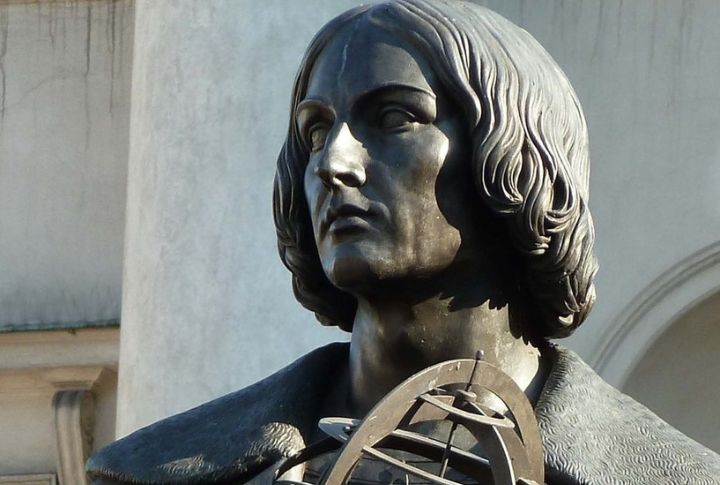
The works of Phlegon, a Greek historian and astronomer, record a significant solar eclipse and earthquake around the time of Jesus’s crucifixion. Although his observations focused on natural events, they align with biblical accounts, adding another layer of historical credibility.
Origen: A Christian Scholar’s Rebuttal

In his rebuttals to critics like Celsus, Origen preserved numerous references to Jesus from non-Christian sources. His third-century writings highlight the intellectual conflicts of the time and provide valuable documentation of the historical debates surrounding Jesus’s life.
Tertullian: The Apologist’s Evidence

Roman records acknowledging Jesus’s execution are mentioned by Tertullian, an early Christian apologist. Although these records have not survived, Tertullian’s claims suggest that official Roman documents recognized Jesus’s existence, reflecting his widespread impact even in official circles.
Clement of Rome: Early Christian Leadership
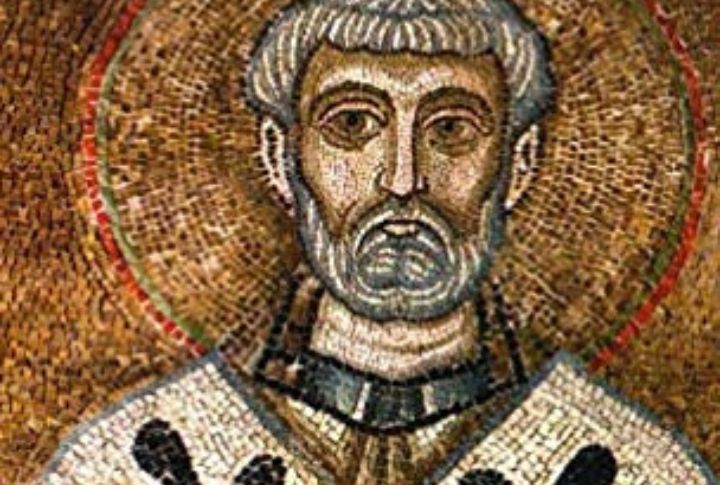
Writing around 96 AD, Clement of Rome’s letters affirm the teachings and resurrection of Jesus, providing a snapshot of how early Christian communities viewed Him. These writings deliver early evidence of the spread of the Christian faith across the Roman Empire.
The Gospel of Thomas: A Gnostic Perspective

Reflecting an early Christian tradition distinct from the canonical Gospels, the Gospel of Thomas looks into the diverse beliefs about Jesus. Although not a historical account in the traditional sense, this collection of sayings attributed to Jesus illustrates His profound influence on various theological interpretations.

